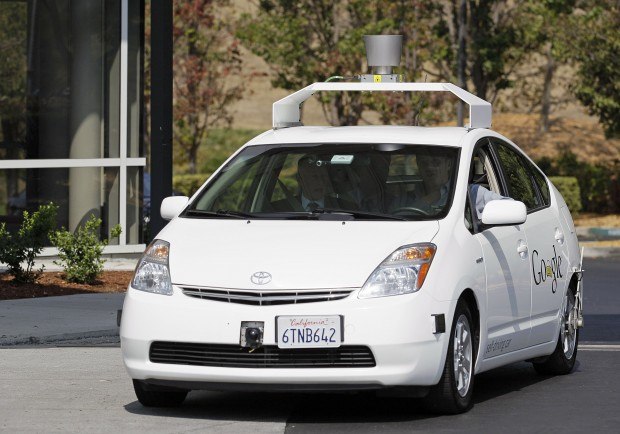While driverless cars may be some time from everyday use, most Americans are seriously game to try one.
A new Insurance.com survey determined that most Americans are comfortable with driverless cars and would lean heavily toward buying or at least considering to purchase such a vehicle.
More than 75 percent of 2,000 licensed drivers surveyed by Insurance.com were open to a driverless car. But that number jumped to 86 percent assuming a driverless car would be cheaper to insure. Even more interesting, nearly 32 percent of respondents said they’d stop driving as soon as they could rely on a driverless car.
At the same time, there’s some lingering caution not far beneath the surface. The Insurance.com survey found that 76 percent of respondents wouldn’t trust using a driverless car to bring their children to school. Many respondents—61 percent—said they believe computers can’t make the same decisions behind the wheel of a car that people can.
Insurance.com, an online resource that helps consumers compare auto insurance quotes from multiple carriers, has tapped into some genuine interest in future technology that is closer than some realize. Consider that Google Inc. is building cars that don’t rely on steering wheels, accelerator pedals or break pedals, and has been testing self-driving cars since 2009.
Google’s latest prototype driverless cars seat two passengers. Google co-founder Sergey Brin told Reuters in May that the company envisioned building up to 200 vehicles over the coming months, with a goal of making them available in certain cities within a few years.
As well, carmakers including GM, Mercedes and Volvo have been developing driverless vehicle technology, Reuters has reported.
U.S. states including California and Nevada have passed laws to allow self-driving cars to be tested on public roads.





















 New Texas Law Requires Insurers Provide Reason for Declining or Canceling Policies
New Texas Law Requires Insurers Provide Reason for Declining or Canceling Policies  Telematics and Trust: How Usage-Based Insurance Is Transforming Auto Coverage
Telematics and Trust: How Usage-Based Insurance Is Transforming Auto Coverage  Machine Learning for Mutuals: What’s Working, What’s Not, and What’s Next
Machine Learning for Mutuals: What’s Working, What’s Not, and What’s Next  10 Do’s and Don’ts of a Smart ORSA Report
10 Do’s and Don’ts of a Smart ORSA Report 













